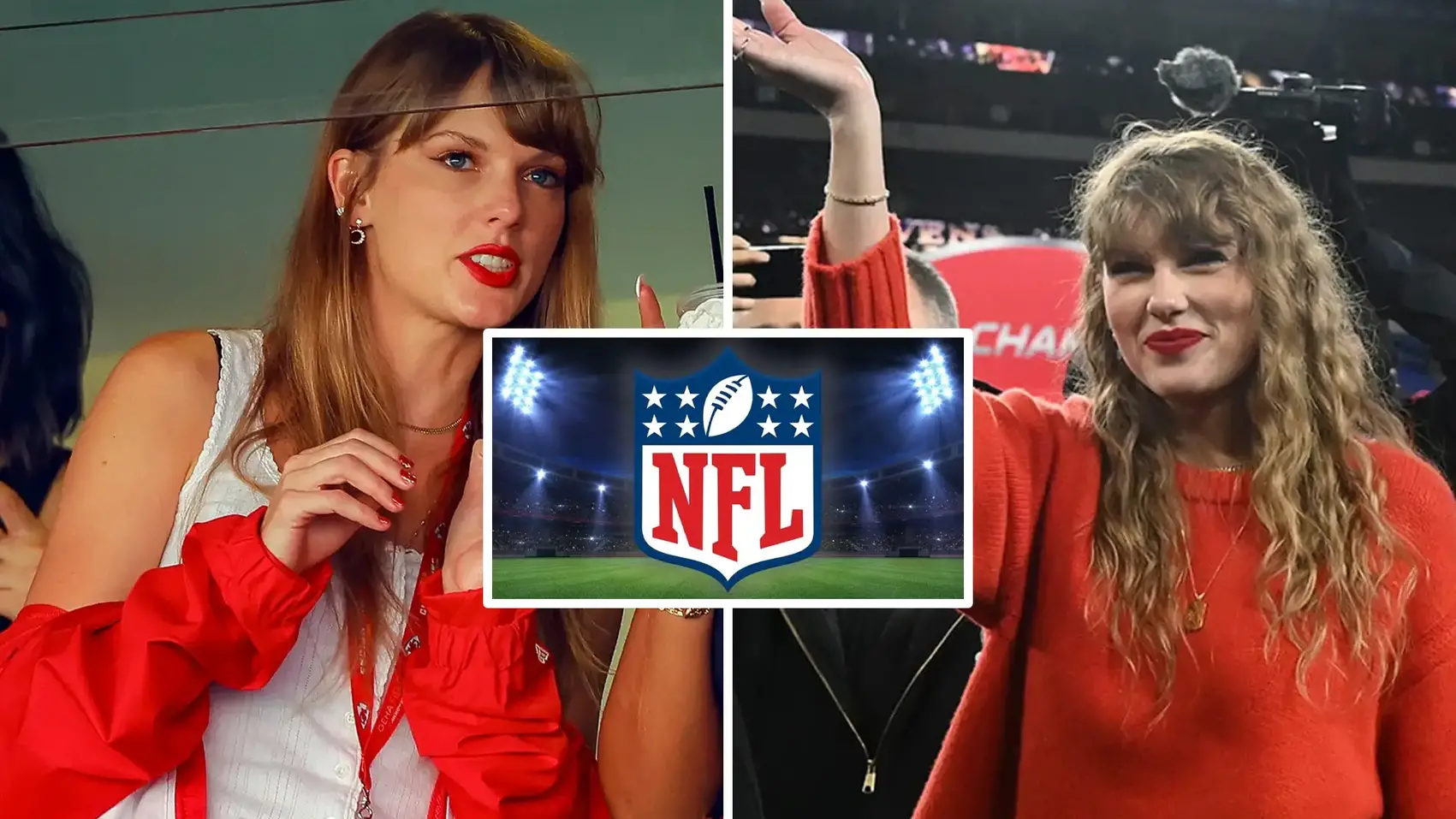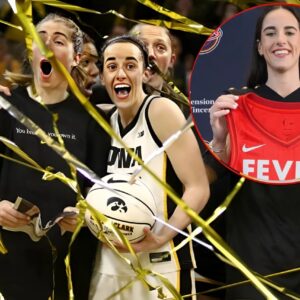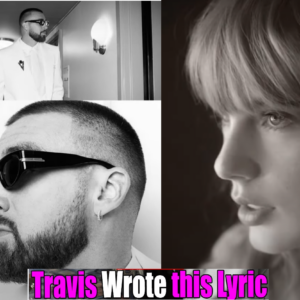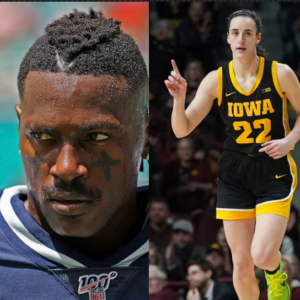
I a move that has stunned fans and industry insiders alike, the National Football League (NFL) has announced a decision to ban pop superstar Taylor Swift from performing at the Super Bowl, citing that she is “too much distracting.” This unprecedented decision marks a significant shift in the NFL’s approach to entertainment, especially considering the Super Bowl’s reputation for featuring high-profile musical acts.
The announcement came as a surprise to many, given Taylor Swift’s enormous global popularity and her reputation as a powerhouse performer. The rationale behind the decision, as stated by an NFL spokesperson, is that Swift’s presence and performance style are considered overly distracting, potentially overshadowing the game itself. This reasoning has sparked widespread debate and controversy, highlighting the delicate balance between sports and entertainment.
Taylor Swift is not just a singer; she’s an institution in the music industry, known for her catchy tunes, heartfelt lyrics, and electrifying performances. Her fan base, affectionately known as “Swifties,” spans across the globe, encompassing diverse age groups and demographics. Swift’s influence extends beyond music into fashion, politics, and social activism, making her one of the most influential figures in contemporary culture.
The Super Bowl halftime show is a cornerstone of the event’s entertainment value, historically featuring performances by some of the biggest names in music. From Michael Jackson to Madonna, Prince to Lady Gaga, the halftime show has often been as much a talking point as the game itself. The NFL’s decision to exclude Swift from this tradition is a departure from its usual strategy of leveraging star power to maximize viewership and engagement.
The NFL’s use of the term “too much distracting” in relation to Swift’s potential performance raises questions about the criteria used to select halftime performers. It suggests a concern that her performance could divert attention away from the game, which is, after all, the primary focus of the event. This decision implies a reassessment of the role and impact of halftime entertainment on the overall Super Bowl experience.
The response from Taylor Swift’s fans and the general public has been one of shock and disappointment. Many feel that the NFL’s decision is unjustified and a disservice to the entertainment aspect of the Super Bowl. Social media platforms have erupted with discussions and debates, with Swift’s supporters rallying behind her, criticizing the NFL for what they perceive as a short-sighted and unnecessary move.
The NFL’s decision could have significant implications for the Super Bowl’s viewership. Taylor Swift’s presence could have drawn in a broader audience, potentially boosting ratings and attracting casual viewers who are more interested in the halftime show than the game. The absence of a star of Swift’s caliber might result in a different viewership dynamic, with potential impacts on advertising revenue and overall interest in the event.
This situation highlights the ongoing challenge of balancing the sports aspect of the Super Bowl with its entertainment quotient. While the primary purpose of the event is to showcase the pinnacle of American football, the halftime show has evolved into a cultural phenomenon in its own right. Striking the right balance between these two elements is crucial for the success and relevance of the Super Bowl.
The ban on Taylor Swift opens up a conversation about the future direction of Super Bowl entertainment. It may signal a shift towards more subdued or sports-centric halftime shows, or it could prompt the NFL to reconsider how it integrates entertainment into its biggest event. The industry will be watching closely to see how this decision impacts not only future Super Bowl halftime shows but also the relationship between sports leagues and entertainment figures.
The NFL’s decision to ban Taylor Swift from performing at the Super Bowl due to her being “too much distracting” is a moment of significant reckoning in the intersection of sports and entertainment. It raises important questions about the role of halftime shows, the expectations of fans, and the broader cultural impact of such decisions. As the debate continues, one thing is clear: this decision will be remembered as a pivotal moment in the history of Super Bowl entertainment, setting a precedent that could shape the event for years to come.
News
OH SO… SHOCKING: Blind Item reveals Travis Kelce was chosen not because of his ability but because of Taylor Swift’s INFLUENCE
Blind Item Reveals Travis Kelce Allegedly Only Chosen To Host Show Because Of Taylor Swift Travis Kelce is taking a break from the football field to host…
NEW VIDEO: Caitlin Clark Awkwardly Played On Her Phone After She Was Left Out Of Angel Reese’s WNBA Draft TikTok
VIDEO: Caitlin Clark Awkwardly Played On Her Phone After She Was Left Out Of Angel Reese’s WNBA Draft TikTok Angel Reese and Cameron Brink (Photo via @angelreese10…
How wonderful!!! Caitlin Clark becomes women’s all-time leading scorer: Big Ten foe explains why she’s a ‘generational talent’
With the Iowa star making history Thursday night, her Big Ten competition explained to CBS Sports what makes her so special Getty Images Not a single college…
Great: Travis Kelce impresses Taylor Swift with lyrics for 2 songs in the new Album
In an unexpected turn of events, NFL star Travis Kelce has left fans and music enthusiasts buzzing with excitement after it was revealed that he played a…
Wow: SHOWBIZ BILLIONAIRE!!! Taylor Swift bought a private jet for her Eras Tour and also to conveniently date
In order to assist her in her life, Taylor Swift has a fleet of private aircraft. The Falcon 900 has a luxury interior that can accommodate up…
Oh, Oh: Caitlin Clark has had enough of the former NFL star’s rude comments, blocking him on Twitter
Caitlin Clark Has Had Enough Of Former NFL Star’s Rude Comments, Blocks Him On Twitter Caitlin Clark (Photo by Steph Chambers/Getty Images) Caitlin Clark is sick of Antonio Brown….
End of content
No more pages to load










